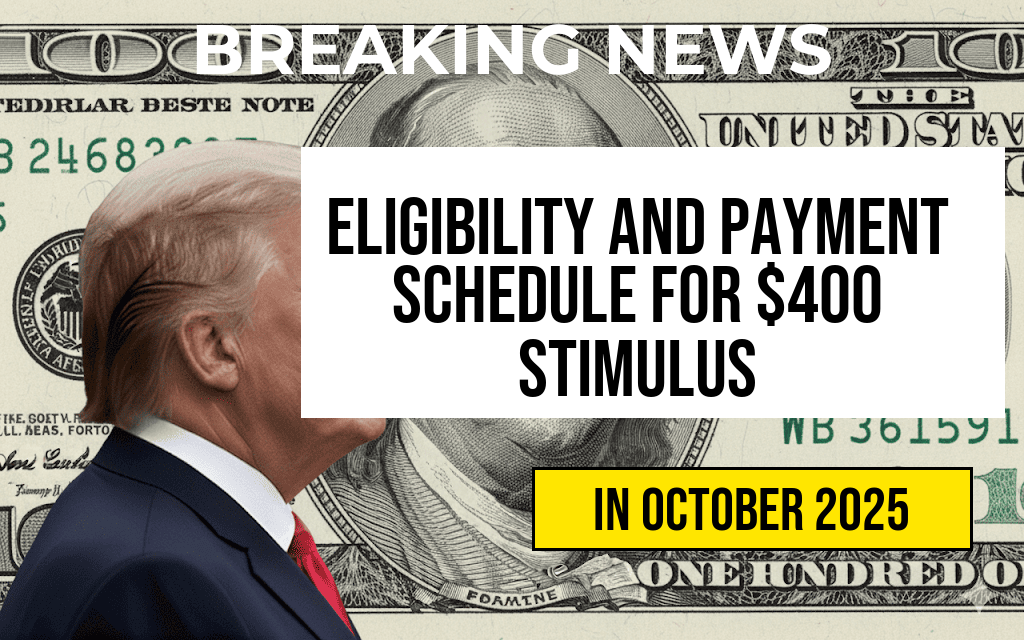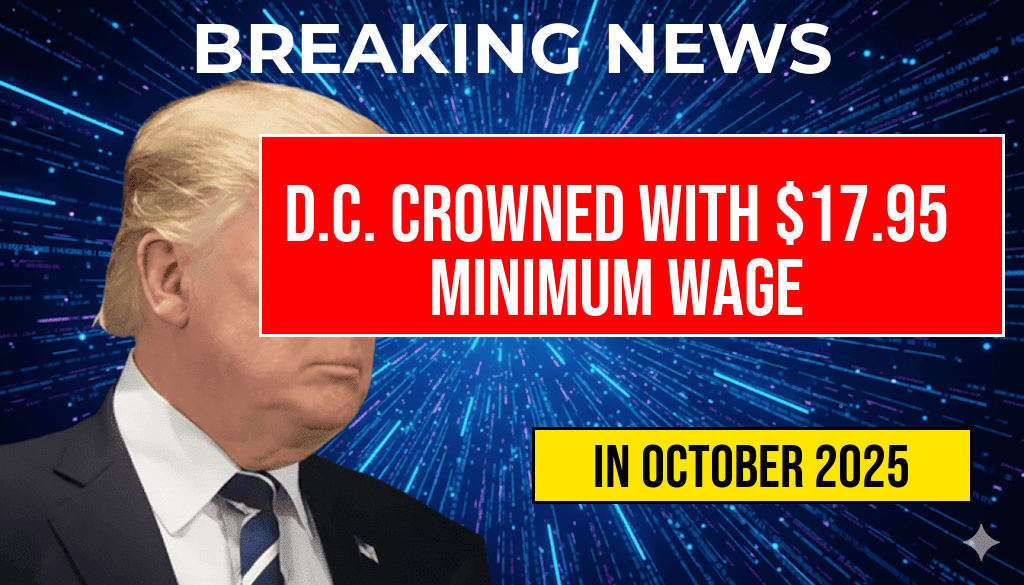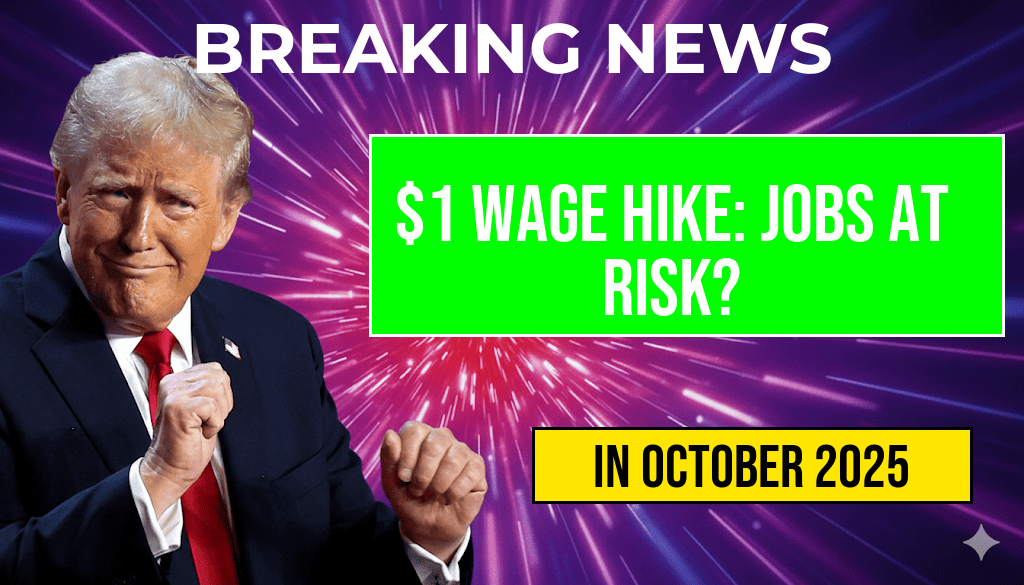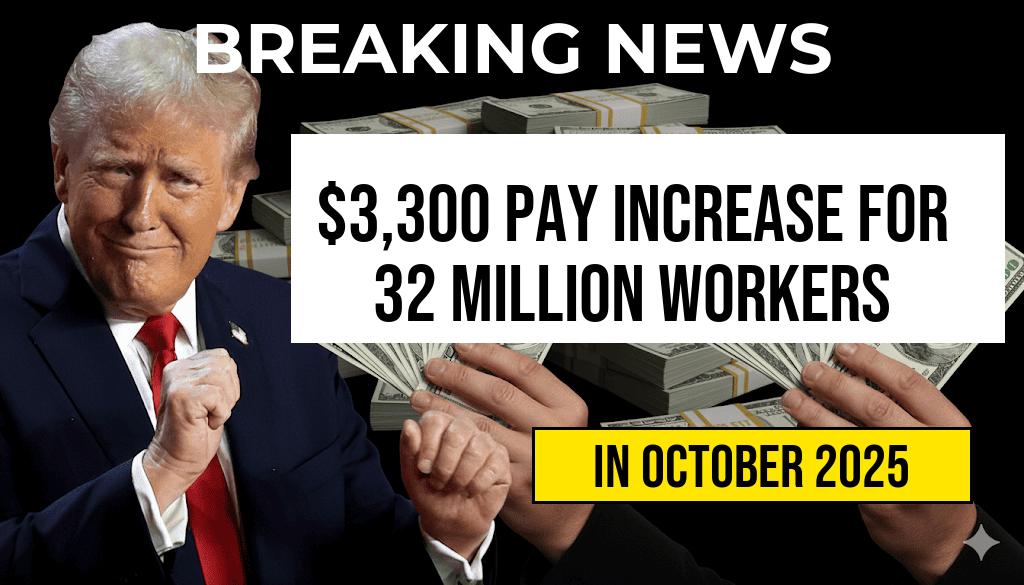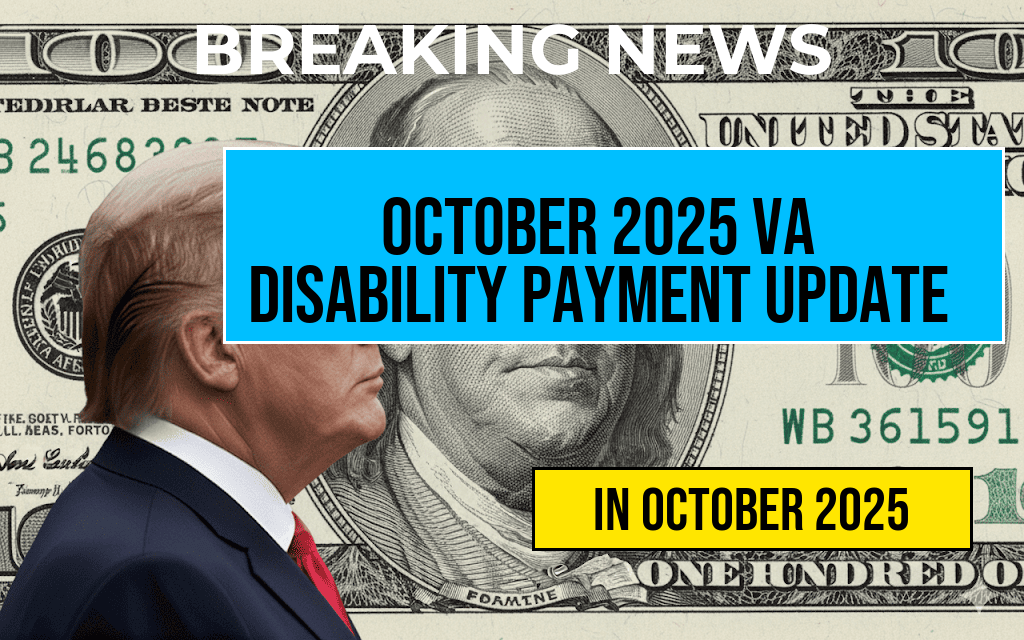As discussions around the minimum wage increase continue to heat up, small business owners express concerns about the potential implications of a proposed $1 wage hike. Advocates of the increase argue that it is a necessary step toward economic justice, citing the rising cost of living and the need for workers to earn a sustainable income. Conversely, many small business owners fear that the hike could lead to job cuts or reduced hours, ultimately impacting their ability to remain competitive in the marketplace. This article explores the multifaceted effects of a minimum wage increase on small businesses and analyzes whether they will be forced to make difficult decisions regarding staffing.
The Context of the Wage Increase
The current debate surrounding the minimum wage has gained traction, particularly in light of recent inflation and the growing disparity between wages and living costs. Many states and cities have already implemented minimum wage increases, with some areas reaching $15 per hour or more. The proposed $1 wage increase could push some regions closer to these figures, prompting a reevaluation of compensation across various sectors.
The Arguments For and Against the Increase
- Proponents of the Wage Increase: Supporters argue that a $1 increase is essential for workers to meet basic needs such as housing, food, and healthcare. They claim that higher wages can lead to increased consumer spending, which could ultimately benefit small businesses.
- Opponents of the Wage Increase: Critics, particularly among small business owners, warn that an increase in labor costs may lead to layoffs, reduced hiring, or even business closures. They argue that many small businesses operate on thin profit margins and cannot absorb additional wage expenses without making sacrifices.
Potential Impact on Employment
Studies examining the relationship between minimum wage increases and employment levels have produced mixed results. Some research suggests that modest increases do not significantly affect employment rates, while others indicate that substantial hikes could lead to job losses. The National Federation of Independent Business (NFIB) reports that approximately 60% of small business owners believe that a wage increase could force them to reduce their workforce.
| Impact | Percentage of Small Businesses Affected |
|---|---|
| Job Cuts | 32% |
| Reduced Hours | 28% |
| Increased Prices | 45% |
| No Impact | 20% |
Strategies for Small Businesses
In anticipation of rising labor costs, many small businesses are exploring various strategies to mitigate potential impacts. Some of these strategies include:
- Automation: Investing in technology to automate certain tasks can help reduce reliance on labor while maintaining productivity.
- Adjusting Pricing: Some businesses may choose to pass additional costs onto consumers by raising prices, although this could affect sales volume.
- Improving Efficiency: Streamlining operations and improving employee productivity can help offset higher wage costs.
Looking Ahead
As the conversation about wage increases continues, small businesses find themselves at a crossroads. While raising wages can lead to a more motivated workforce and reduced turnover, the potential for job cuts remains a pressing concern. The ability of small businesses to adapt to these changes may determine their long-term viability and success.
For more information about the impacts of minimum wage policies, resources such as Forbes and Wikipedia provide detailed insights into the ongoing debate and its implications for the economy.
Frequently Asked Questions
Will the $1 wage increase lead to job losses in small businesses?
Many experts believe that while a $1 wage increase may put financial pressure on small businesses, it does not necessarily mean that jobs will be cut. Businesses may adapt in various ways, such as increasing prices or improving efficiency.
How can small businesses cope with the increased labor costs?
Small businesses can cope with increased labor costs by exploring options like optimizing operations, reducing overhead, or adjusting pricing strategies. Some may also seek out financial assistance or grants to help manage the transition.
Are there examples of areas that raised the minimum wage without job loss?
Yes, there are several examples where areas that implemented a minimum wage increase, similar to a $1 wage increase, did not experience significant job losses. Studies from certain cities suggest that businesses adapted successfully without resorting to layoffs.
What are the potential benefits of a $1 wage increase for small businesses?
A $1 wage increase can lead to several benefits, including improved employee morale, reduced turnover, and increased productivity. Happier employees are often more engaged and productive, which can help small businesses thrive.
How does a wage increase affect consumer spending?
A $1 wage increase can positively impact consumer spending as employees have more disposable income. This can stimulate local economies, benefiting small businesses as more customers may spend in their establishments.

